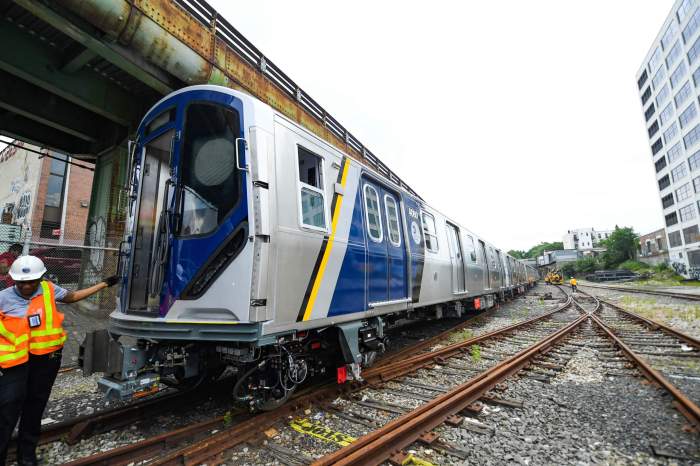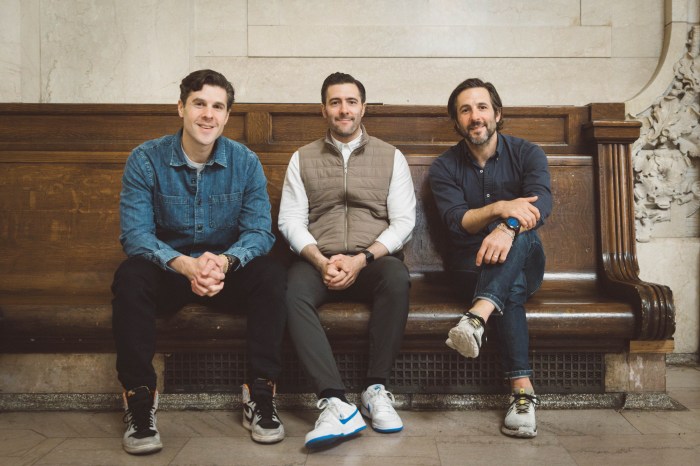As if the L train shutdown wasn’t enough transit disruption, New Yorkers will have to brace themselves for another major repair project on the Brooklyn-Queens Expressway.
If repairs and replacements along the deteriorating roadway don’t happen by 2026, the city will have to institute weight restrictions and divert trucks to local streets, the city’s Department of Transportation said.
With that in mind, officials have unveiled two options for the replacement of a major part of the expressway. There is no set timeline for when the project will begin, but the city will be holding public meetings, beginning Thursday, to present the options and get feedback.
Here’s a look at the construction options and how you can weigh in on the project:
What part of the BQE will be replaced?
The portion that needs to be replaced is 1.5 miles long, stretching from the Atlantic Avenue interchange in Cobble Hill to Sands Street in Downtown Brooklyn. Built in the 1940s and 1950s, this part of the roadway has had little rehabilitation, the DOT said.
The section includes the “triple cantilever,” where the Queens-bound lanes run above the Staten Island-bound lanes and below the Brooklyn Heights promenade.
What are the options for construction?
The “innovative” approach
What: Build a new, temporary elevated highway above the current expressway at the height of the Brooklyn Heights promenade, temporarily closing the promenade. The structure, which would have three lanes for each direction, would allow construction on the current roadway to happen all at once.
With this proposal, the DOT says traffic would operate relatively the same during daytime hours.
Time frame: Six years
Cost: $3.2 billion to $3.6 billion
The “traditional” approach
What: Incrementally repair the expressway on a lane-by-lane basis with traffic patterns shifting as construction progresses. It would require overnight construction and weekend road closures, as well as the temporary removal of trees on the promenade.
The DOT says this option would make completion less certain and traffic backups more likely.
Time frame: At least eight years
Cost: $3.4 billion to $4 billion
How can you weigh in?
The DOT will have multiple public meetings for residents to share their opinions. The first of those meetings was held on Thursday at the Ingersoll Houses Community Center in Brooklyn, but further details on future hearings was not released.
With Vincent Barone



































